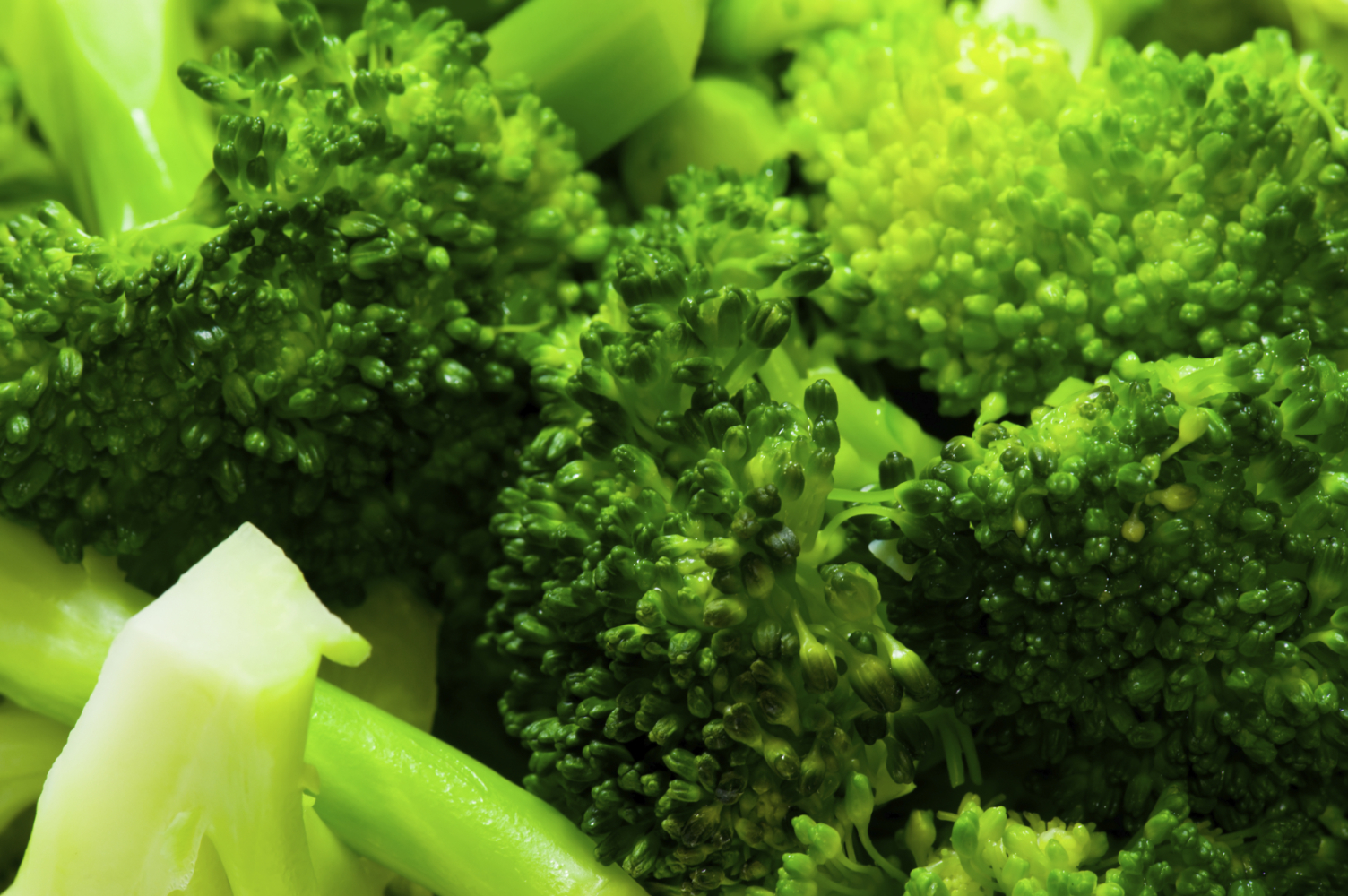
A lot of people ask me whether or not the Bulletproof Diet is good for kids. It absolutely is. In fact, I would argue it’s more important for children to eat nutrient-rich diets than their parents.
Young people develop quickly. Your brain grows 5 times in size between infancy and adulthood, and the neural connections and eating habits you build during that period can inform your relationship with food for the rest of your life [1,2]. Plus, you want the best nutrition available to fuel such rapid growth.
The importance of nutrition for developing brains
My wife Dr. Lana used the Bulletproof Diet from preconception throughout postpartum (then she wrote a book about it). Our kids eat by Bulletproof principles as well. I even give the kids about 2 ounces of Bulletproof Coffee in the morning for the boost of polyphenols and healthy fats.
Kids metabolize caffeine twice as fast as adults, so the caffeine (especially in such a small amount) has zero negative effect on their behavior. The Brain Octane turns off their hunger so they can focus and read and play. Most kids, because they’re growing, spend half their energy asking if they can have candy. My son complains, “As soon as we get to school, they start having snacks, but I don’t want snacks.” My kids go four hours without eating.
Another question I get is whether ketosis is okay for kids. I’m not a doctor, and you should consult one if you’re worried, but in my experience, my kids do well on a low-carb, high-fat diet, and they’re probably in ketosis at times. Infants fed exclusively breast milk actually stay in a mild ketogenic state [3] and ketones play a crucial role in infant brain development because they’re one of the few types of fatty acid that can bypass the blood-brain barrier [4]. You develop the ability to use ketones for fuel very early in development [4,5]. So I’m fine with my kids eating high fat, low carb. Fat is important for children’s hormonal and mitochondrial development.
Avoiding toxins is equally important, especially for children. A child’s body surface area and body composition (organ size, fat, muscle, and bone breakdown) make dosing drugs much more complicated than just adjusting for body weight [6]. A small amount of a chemical can have a disproportionately large effect on a child, and that includes toxins. Kids are particularly sensitive; you don’t want them chowing down on mycotoxin- and pesticide-covered foods.
Of course, all the evidence in the world doesn’t matter if you can’t get the little gremlins to actually eat their veggies. The sentence, “I don’t like [insert food your child has been eating for weeks] anymore,” haunts many a parent’s dreams at night. If your kids do this, or you’re unsure of how to transition your children to a higher-quality diet, here are a few tips. My wife and I have found several parenting hacks to get our kids to eat – and more importantly, to enjoy – Bulletproof food.
1) Use Popeye language
“You should eat your spinach because it’s healthy,” won’t convince anyone. Your kids don’t care about being healthy. Healthy is boring, and it probably means the food tastes like crap.
Kids want to be strong. They want to be superhuman. So take a page out of the classic cartoon character Popeye’s book – next time your son won’t eat his spinach, tell him it’ll make him strong, not that it’s healthy.
When my son Alan was 4 or 5 his teacher offered him an apple for snack. His immediate response was, “Is it organic? And is it old?” That’s because he knows that pesticides and moldy fruit make you weak, and no kid wants to be weak.
Explain to your kids that a good diet will make them superhuman: butter will help them get better at soccer, or drawing, or Minecraft, or whatever else they’re into. That high-fructose corn syrup-laden cookie, on the other hand, will take away their power.
That’s the language of children. Choose your adjectives carefully. How you talk about food with your kids can change their willingness to eat it.
2) Be firm at mealtime
Explain to your children that they won’t die if they don’t eat. If you make broccoli for dinner and your daughter says she won’t eat it, be calm and firm. Say, “That’s okay, but this is what we’re eating and we’re not having any snacks. It takes months to starve, so I’m fine with you not eating dinner, or even breakfast tomorrow if you don’t want to, but when you eat, you’ll eat what we’re serving.”
Your kids will probably look at you in horror. Then they’ll realize that even if they feel like they’re going to die from hunger, they won’t actually die, and you aren’t budging. Then they’ll eat their damn broccoli.
If your children are especially stubborn, don’t argue or cajole. Let them go to bed hungry for a night. Biologically they’ll be fine. You’ll only have to do this once or twice before your kids get it.
3) Make Bulletproof versions of familiar meals
Research shows that children find familiar foods more satisfying [7]. You can smooth a transition over to more Bulletproof foods by upgrading the classics your kid loves. For example:
- Applegate Farms makes delicious organic, 100% grass-fed hot dogs.
- Swap out spaghetti for zoodles (spiralized zucchini) topped with plenty of tomato sauce and organ meatballs.
- Make sandwiches or French toast with keto bread.
- If your kid has a sweet tooth, opt for Bulletproof desserts like pumpkin pie, collagelatin gummies, cupcakes, and Bulletproof ice cream.
4) Cook with your kids
Several studies show that children are more likely to eat new and healthy foods if they play a role in making them [8,9]. There’s something satisfying about enjoying the fruits (or vegetables) of your own labor. Capitalize on that satisfaction.
I cook with my kids all the time. It’s not just to get them to eat Bulletproof food (they do that anyway at
More and more we tend toward protecting children from any kind of risk. I’m not suggesting you hand your daughter a cleaver and set her loose in the house, but teaching her to cut her own apples or make rice is a good way to show her that everyday life has risks – and that she can handle them.
5) Bonus tip: gratitude
While we’re talking about raising children, here’s a tip that extends outside the kitchen.
Practice gratitude with your kids. Every night before bed, my wife and I sit with our children and ask them to say three things they were grateful for about the day. Gratitude changes your brain in all kinds of ways: it increases positivity and overall happiness [10], makes you more resilient to stress, even when it’s intense [11], and counters depression, leading to a greater sense of meaning in life [12]. Oh, and it improves sleep quality [13]. Happier, more resilient kids? That’s a big return for a couple minutes’ time every night.
Do you have tips for raising your kids Bulletproof? What about your favorite kid-friendly recipes? Let me know in the comments and subscribe below for more biohacking content. Have a great week!
[expand title=”Click to read the complete list of references.” swaptitle=”Click to hide references.”]
- http://her.oxfordjournals.org/content/19/3/261.full
- https://lintvkrqe.files.wordpress.com/2016/02/hill_prokosch_psysci_2016.pdf
- http://www.ncbi.nlm.nih.gov/pubmed/14527626
- http://www.ncbi.nlm.nih.gov/pmc/articles/PMC423306/pdf/jcinvest00104-0054.pdf
- https://www.researchgate.net/publication/19218202_Ketone_body_transport_in_the_human_neonate_and_infant
- http://bja.oxfordjournals.org/content/78/5/601.full.pdf
- http://ajcn.nutrition.org/content/94/5/1196.full
- http://www.ncbi.nlm.nih.gov/pubmed/27125429
- http://www.ncbi.nlm.nih.gov/pubmed/24320723
- https://books.google.co.uk/books?hl=en&lr=&id=uoD1Ly9CeRAC&oi=fnd&pg=PA469&dq=amygdala+negative+emotions+gratitude&ots=CMauaGFk3g&sig=ZAKgKtARRc5wTumURXDdXN53Nqg#v=snippet&q=gratitude&f=false
- http://www.ncbi.nlm.nih.gov/pubmed/21707160
- http://www.sciencedirect.com/science/article/pii/S0092656613000597
- http://www.sciencedirect.com/science/article/pii/S0022399908004224










